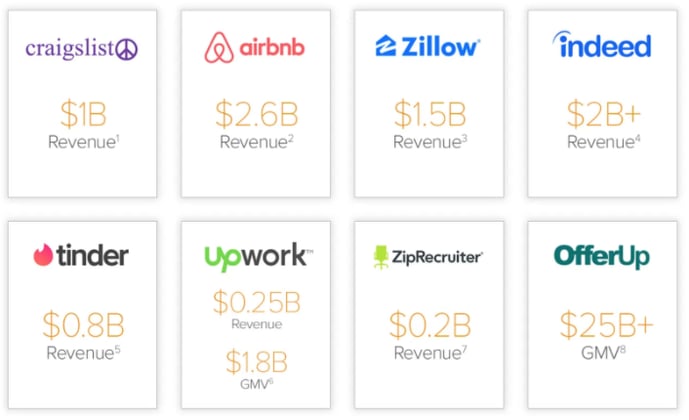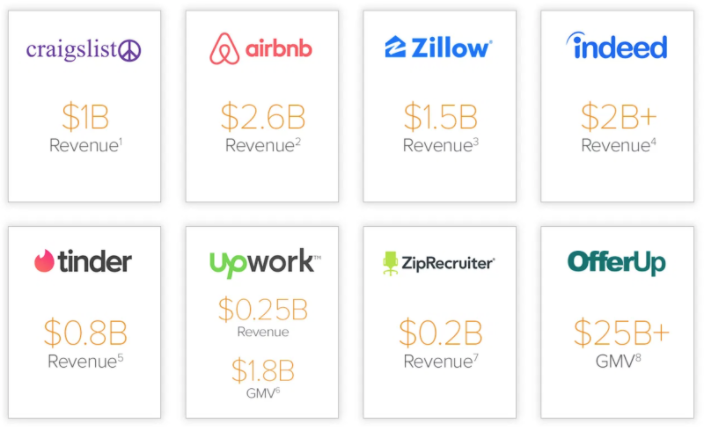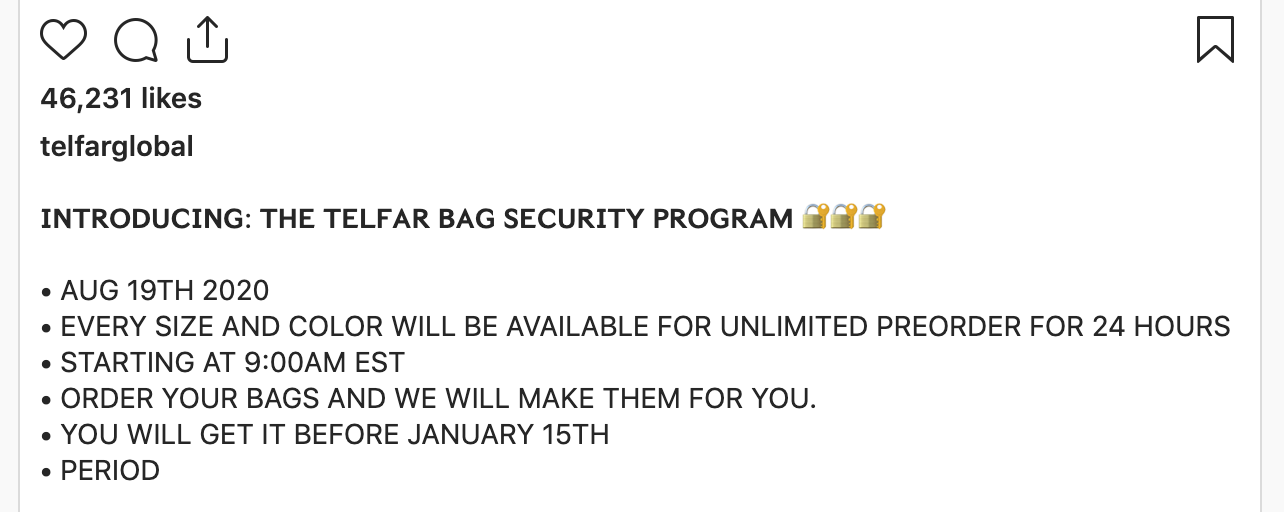nlopchantamang.com
Beyond the Unbundling of Kickstarter: Presales as a Service
Ethan Brooks

Source: Technavio Crowdfunding Market Forecast 2020-2024
The Signal: The crowdfunding market is expected to more than double in the coming years, rising from ~$100B in 2019 to ~$224B in 2024, according to Technavio. The pandemic will accelerate this shift, as widespread layoffs and retail bankruptcies leave producers searching for safer business models.
Presales could put them on steadier footing. By selling goods in advance, companies can cover production costs, predict demand, and reduce unsold inventory on hand.
But the current presales landscape is limited, with Kickstarter and Indiegogo serving the bulk of the market. Large presale and crowdfunding platforms like Kickstarter are primed for unbundling, with entrepreneurs spinning off vertical-specific platforms for industries in need.
Background: In his recent piece on the unbundling of Reddit, Greg Isenberg says that all large platforms eventually get unbundled, often in response to:
- Too much noise -- some super fans seek smaller, specialized communities.
- Market gaps -- large platforms often can’t cater to the needs of these niche groups.
- Black swan events -- like COVID-19 that force dramatic, unforeseen changes in behavior.
Rather than eating away at Kickstarter’s market share, these unbundled spinoffs will serve primarily to grow the presale pie. Some will even exceed Kickstarter’s revenue. As investors at Andreessen Horowitz note, when early leader Craigslist was unbundled into platforms like Airbnb, Upwork, Tinder, and more, several of those vertical spinoffs grew to be larger than Craigslist itself.
“They serve the needs of users in their vertical so much better that they can compete for a much larger share of their vertical against both analog and digital players,” the firm writes.

Data from Kickstarter offers ideas on which industries to spin off.

Fine Arts: Dance, theater, and comics are successful 60%+ of the time -- suggesting an enthusiastic market that’s eager to pre-purchase products -- yet they each represent less than 3% of Kickstarter campaigns, indicating that artists in these fields haven’t embraced Kickstarter yet.
Catering to this group may be as simple as using a tool like IgnitionDeck to create your own crowdfunding site specific to one of these niches.
Among the highest-grossing fine arts projects in our Kickstarter database are:
- The Blackest Black Paint in the World ($630k): … Pretty much what it sounds like.
- Order of the Stick ($1.25m): Printed compilations of this much-loved internet comic.
- Voyager Golden Record ($1.36m): Anniversary remakes of the golden messenger records sent into the cosmos aboard Voyagers I and II missions.
Fashion: Sarah Willersdorf, Boston Consulting Group’s global head of luxury, told Quartz that even before the pandemic, more high-end brands had been switching to presales.
Gustin is a menswear brand that only sells products via crowdfunded presales. Luxury handbag brand Telfar -- which often limits availability to create exclusivity -- caused a stir recently when it opened unlimited presales to anyone for 24 hours.

Despite fashion’s growing embrace of presales, designers don’t have many crowdfunding platform options for hosting their own. Kickstarter’s fashion campaigns fail 71% of the time. There’s room to build a presale platform that unites style-lovers and brands.
One company, Moda Operandi, offers a case study: Their website curates upcoming collections from designers, allowing shoppers to preorder during limited sales.
Consider replicating the model using a different medium, like live ecommerce or -- in the case of streetwear brand The Hundreds -- text.
Journalism: As we recently reported, a new tool called Presubscribe helps journalists test demand for newsletters and podcasts before investing in production.
There could be an opportunity to replicate Presubscribe’s model, connecting prospective content creators with potential corporate sponsors. By committing before a newsletter or podcast begins production, sponsors could secure better rates, and creators could hit the ground running with a pre-sold inventory of advertising.


Leave a Comment